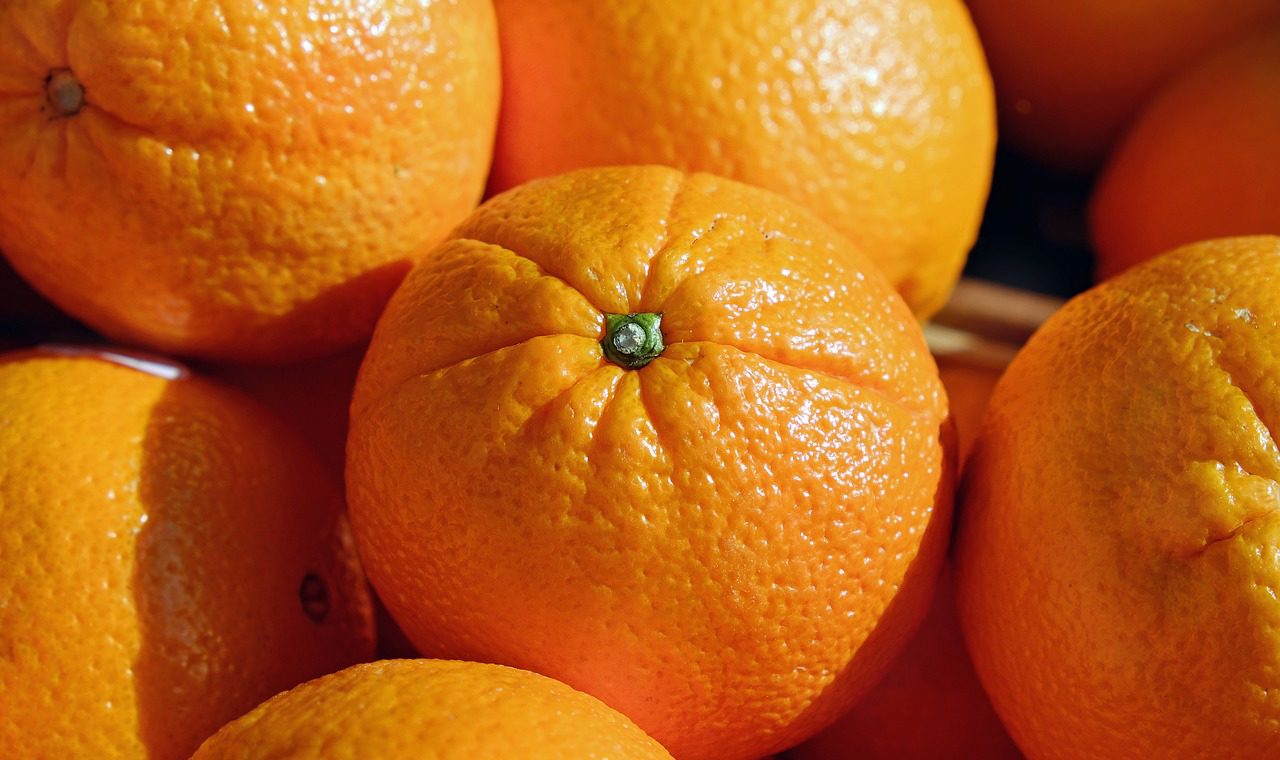Aging is a natural part of life that we cannot prevent and therefore it is important to maintain our brain health. We get older and as a result our brain slows down, our memory gets worse, and it is harder to learn new things. While this can’t be prevented, we have provided some foods that you can eat to help slow down this process and help keep your brain healthy!

1. Dark Chocolate
While it might not seem like it at first, dark chocolate, is great for dealing with depression or anxiety and can even improve memory and learning. Many studies have shown that dark chocolate contains chemical compounds that can improve one’s mood and enhances feelings of calmness and happiness. Dark chocolate also contains flavanoids which are involved in improving memory and learning. These flavanoids promote the development of new neurons, improve their function, and increase blood flow to the brain. When consuming dark chocolate, it is best to choose the one that is at least 70% cacao so that it is not all sugar or processed.
2. Avocado
Avocados may be one of the healthiest foods ever. In fact, they are so important we have written another post for them here! They are rich in monounsaturated fat which is the good kind of fat that will help lower one’s LDL, or bad cholesterol. This allows for healthy blood vessels which result in increased blood flow and a reduced risk of stroke. Avocados are also rich in Vitamin K and folate, increasing its ability to prevent blood clots in the brain. Folate is important for brain health and maintains cognitive function such as memory. Half of an avocado, or some fresh guacamole, can be a perfect snack whenever you are hungry and even works well in smoothies!

3. Walnuts
The funny thing with walnuts is that they actually somewhat look like a brain! If you do not like walnuts let me convince you why they are extremely beneficial. Walnuts contain a high concentration of DHA which is a type of Omega-3 fatty acid. Omega-3’s are one of the fundamental building blocks of the brain and are essential for brain health and improving cognition. In addition, walnuts are also rich in Vitamin E which can prevent or slow down cognitive decline as one gets older. If this is not enough, walnuts, and all types of nuts, are high in protein and fiber. They taste great in a trail mix and if you want to get creative you can even try making a pesto sauce with walnuts.

4. Turmeric
This ancient spice, known as the “spice of life,” is native to India and can often be found in curry. Turmeric contains curcumin which is an anti-inflammatory and can protect against Alzheimer’s and other age-related conditions. Studies have also shown that curcumin enhances memory and increases cell growth in the brain. Turmeric also contains other substances such as turmerone that encourage new neurons to form in the brain and for the brain to repair itself. One way to introduce turmeric into your lifestyle is to add turmeric powder to your food or tea.
 5. Blueberries
5. Blueberries
Blueberries contain flavonoids which are a type antioxidant that can protect the brain from damage from free radicals. These flavonoids have been linked to improvements in memory and learning. Blueberries also provide protection against inflammation in the brain and can slow down age-related mental decline by getting rid of toxic proteins. Lastly, blueberries contain a chemical known as resveratrol which is similar to flavonoids in that they improve brain health, function, and memory. This chemical is also found in grapes and is said to increase one’s lifespan. It is also important to note that all berries contain flavonoids however they are more abundant in the darker-colored berries such as blueberries and blackberries.
 6. Salmon
6. Salmon
Most of our brain is composed of fatty acids. In fact, almost two thirds of the brain is composed of fatty acids and most of those are DHA. DHA, docosahexaenoic acid, is an omega-3 fatty acid and is mainly found in fish and fish oil. Our bodies cannot make this substance on its own therefore it is essential for us to eat our salmon. These fatty acids contribute to our brain health by protecting neurons, reducing inflammation, and producing transmitters to transmit information across our body. We recommend that you try to eat salmon (or any oily fish) around 2-3 times a week.
7. Eggs
Last but not least are eggs, which we feel are one of the most important ones. Eggs are rich in choline which is essential for the production of neurotransmitters in our body. These neurotransmitters help with cell communication and memory. Eggs are also good for pregnant women in that they help with brain development and can prevent birth defects. Unfortunately, most of us do not get the recommended amount of choline every day. In fact, it is estimated that only around 10 percent of people do. The best way to increase this number is by eating eggs.
Have any questions or something that you would like to add? Comment down below!
-Nutrition Orange










 5. Blueberries
5. Blueberries 6. Salmon
6. Salmon